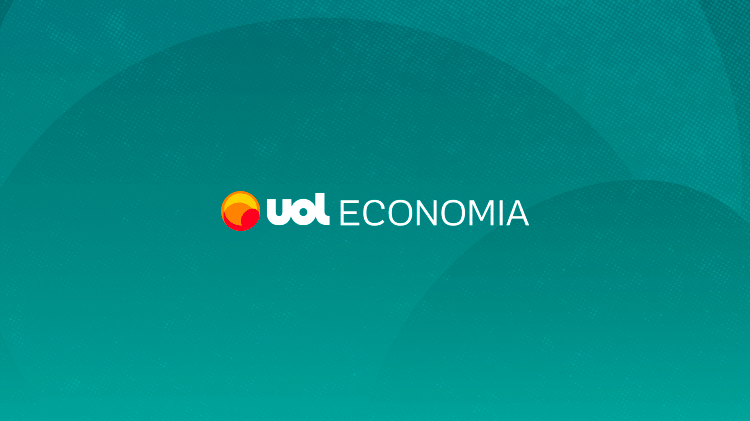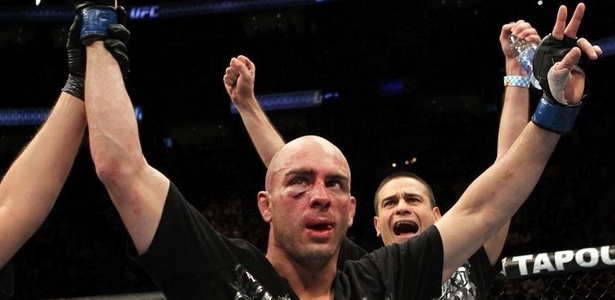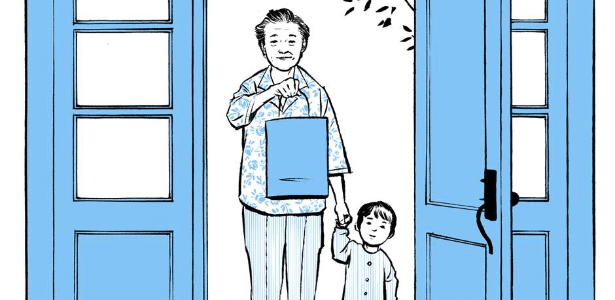Despite the political and economic uncertainty, the manager’s president, Henrique Martins, cites the company’s long experience in the country to say that appetite remains high.
“When we look at Brazil in the last ten years, we have everything. Impeachment, left-wing president, right-wing and right-wing president, but contracts are always respected. This is fundamental.”
With this guarantee, he said, companies can make countercyclical movements and seize opportunities. Read key excerpts from interviews given to Stadium:
What motivated Brookfield to continue investing in Brazil with so much volatility and low growth?
We have been here for 122 years, we have an amazing knowledge of the country. We’ve been through every type of crisis imaginable and we’ve had plenty of opportunities too. This knowledge is the first difference we have. This is part of our global strategy. Our strategy involves investing in the backbone of the economy, in resilient sectors with great growth potential.
What sectors are these?
These are sectors that are inelastic in terms of Gross Domestic Product (GDP) growth. In sanitation, for example, Brazil has great investment potential. Nearly 50% of Brazilians do not have access to a sewage network. This is related to the low investment capacity of states, municipalities and federal governments as well as population demand. These are sectors where people are not consuming more or less water as GDP grows by 2%, 1% or 0.5%. This is a very inelastic demand. Renewable energy is one that will remain. We are building the largest solar energy park in Latin America, with 1.2 GW generation and more than 1.5 million modules. This is a growing demand in this country.
In other words, what matters to you is the long term?
Yes. This short term, lower growth and high inflation, are not included in our assessment. It takes about four years to build a transmission line, data center, or office building. We must always look forward. Another thing: we invest in quality assets. Bad business is bad business most of the time. It may be cheap, but in our long term philosophy, it will be bad. A good business may have a hard time, but then we came with our operational and financial expertise, we managed to transform this business and create value. With this long-term view, we can be countercyclical.
Can a crisis be an opportunity?
Opportunities always arise in moments of disbelief. The basis of all this is respect for contracts, foreign capital, private companies and the existence of a system of checks and balances (a system in which State Powers control each other). When we look at Brazil in the last ten years, we have everything: impeachment, left-wing president, right-wing and right-wing president, but contracts are always respected. This is very important.
When compared to other countries, are we average?
Honoring the contract is a prerequisite for investing. When there is a 30-year concession, some adjustments need to be made, not least as countries, concessions and population dynamics change over the years. But the essence of the contract remains the same. Honoring contracts less doesn’t work because less can be me.
Brookfield has more consolidated sectors, but we are experiencing demand for new technologies and energy transitions. Is the company evaluating these future bets, like hydrogen?
Yes. We have raised approximately US$15 billion for investment in this global transition to a low-carbon economy. We are studying investments in batteries and hydrogen. But we always look at the risks and benefits side. We are not venture capital investors. We invest in the consolidation sector, not least because of our size. Imagine $15 billion to invest from $5 million to $5 million. It got out of control.
Out of that $15 billion, do you have anything for Brazil?
Our funds are global, and some of it comes here, yes. This is what brings our ability to be countercyclical. It has cash availability and is at the right time and in the right place. If there is an opportunity in Brazil to transition, we will do it. We’ve made a solar garden and we bought a solar panel company.
Information from newspapers. State of São Paulo.

“Total troublemaker. Alcohol aficionado. Social media specialist. Friendly travel nerd.”






